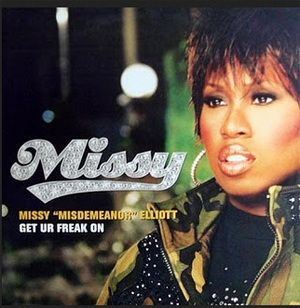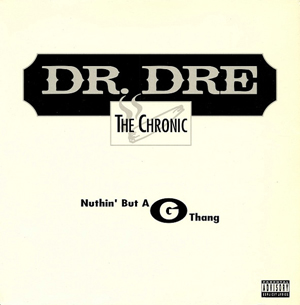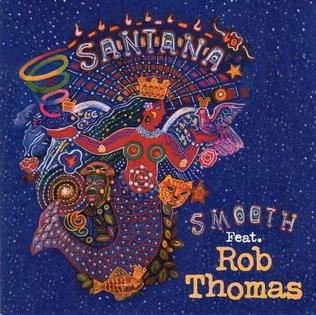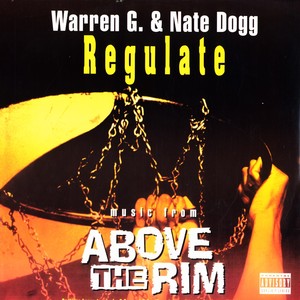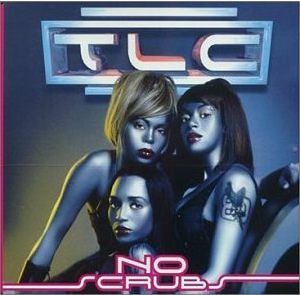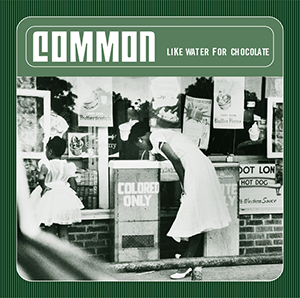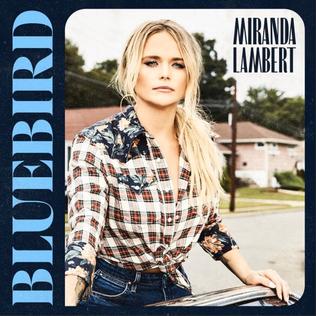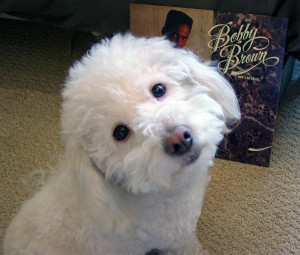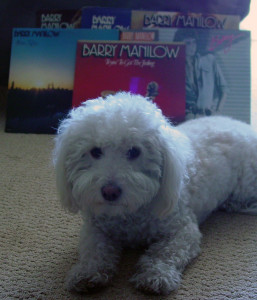The music of 2001 offered listeners a diverse array of sounds, reflecting the eclectic tastes and creative experimentation prevalent at the turn of the millennium. From hip-hop’s continued evolution to electronic music’s broader appeal, the year’s musical landscape was characterized by a spirit of innovation and cross-genre pollination. While not necessarily revolutionary, 2001’s musical offerings showcased artists pushing boundaries and audiences embracing fresh sounds across multiple genres.
At the forefront of this sonic revolution was Missy Elliott’s “Get Ur Freak On,” a track that redefined hip-hop with its bold beats and futuristic soundscapes. Elliott’s unique style blended traditional hip-hop with global influences, introducing a raw, hyper-sexualized energy that was both provocative and empowering. This era also saw the rise of Jay-Z with “Izzo (H.O.V.A.),” a masterclass in braggadocio that solidified his status as one of rap’s most influential figures. Meanwhile, newcomer Alicia Keys made her mark with the soulful “Fallin’,” combining classical piano with soulful vocals to create a fresh voice in R&B that earned her critical acclaim and multiple awards.
Electronic music found its way into the mainstream consciousness with Daft Punk’s “One More Time,” a euphoric dance anthem that transcended the dance floor, bridging the gap between underground rave culture and pop sensibilities. This electronic influence seeped into other genres as well, with acts like Gorillaz blending hip-hop, rock, and electronica on their debut hit “Clint Eastwood.” The cross-pollination of genres was further exemplified by Eve and Gwen Stefani’s collaboration on “Let Me Blow Ya Mind,” a standout track that seamlessly merged rap and pop elements.
Rock music in 2001 was marked by both innovation and nostalgia. Radiohead continued to push boundaries with the haunting “Pyramid Song,” a complex composition that resonated with fans and critics alike. Meanwhile, bands like The Strokes and The White Stripes led a garage rock revival with “The Modern Age” and “Hotel Yorba” respectively, influencing a new generation of bands. System of a Down’s “Chop Suey!” delivered a powerful mix of metal and alternative rock, addressing themes of life and death with intense energy. Veterans weren’t left behind, as evidenced by Bob Dylan’s “Mississippi” and R.E.M.’s “Imitation of Life,” both of which showcased the enduring relevance of established artists.
The pop landscape of 2001 was equally dynamic, with artists like Britney Spears (“I’m a Slave 4 U”) and P!nk (“Get The Party Started”) dominating the airwaves with infectious hooks and undeniable energy. Janet Jackson’s “All for You” brought a feel-good vibe with its upbeat tempo and catchy chorus. This era also saw the last major hit from Michael Jackson during his lifetime, “You Rock My World.” From the reggae-pop fusion of Shaggy’s “It Wasn’t Me” to the unexpected success of Afroman’s “Because I Got High,” 2001 offered a rich and varied soundtrack that balanced humor with storytelling, demonstrating that sometimes a catchy hook and a good story are all you need to make a hit. In retrospect, 2001 was a pivotal year that saw the emergence of new stars, the redefinition of established genres, and a time when music felt refreshingly unpredictable, with artists boldly experimenting and audiences eagerly embracing the new and unfamiliar.
